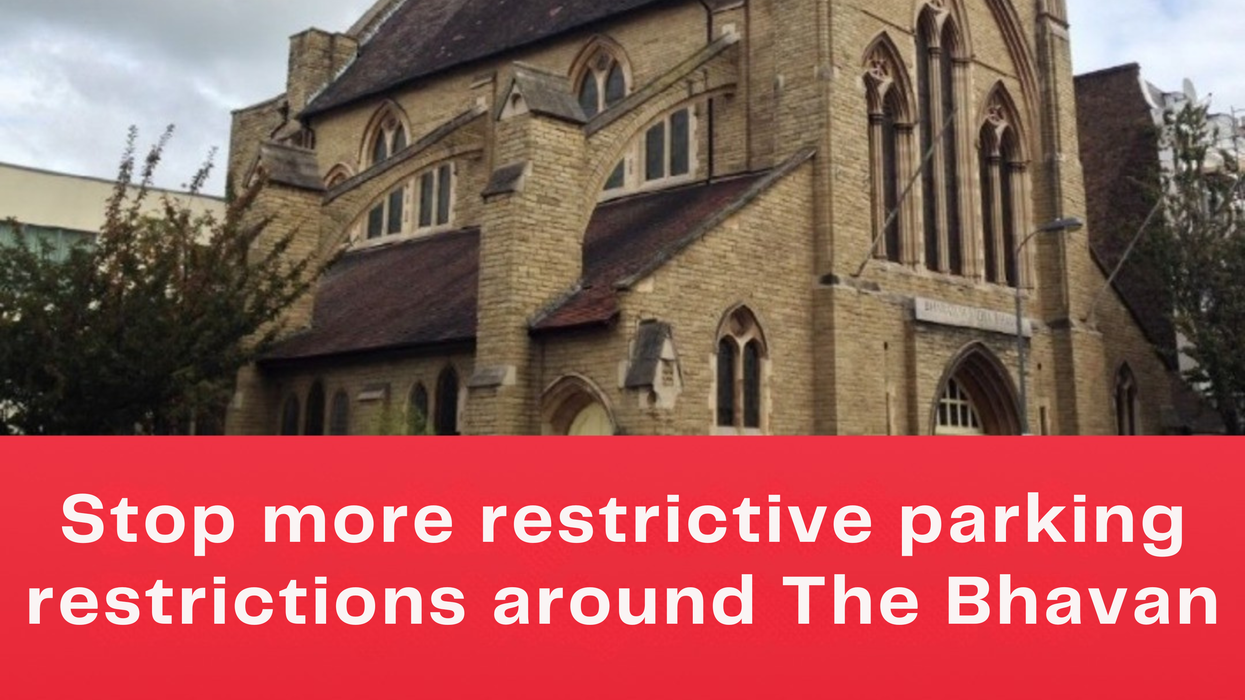THE US has a broken immigration system that needs to be fixed, vice president Kamala Harris said on Wednesday (16) in a rare interview with a Republican-leaning news channel, during which she sparred with its popular host.
Harris made these remarks in an interview with Fox News anchor Bret Baier.
Baier repeatedly pressed the Democratic presidential nominee on illegal immigration, taxpayer support for gender transition surgery, and other topics closely aligned with former president Donald Trump’s frequent criticisms of her.
With 20 days remaining before the election, Harris attempted to defend her record on immigration and the economy.
When asked how many undocumented immigrants have entered the US illegally under the Biden-Harris administration, Harris did not provide a number.
"Bret, let's just get to the point, OK? The point is that we have a broken immigration system that needs to be repaired," Harris responded.
“So, your Homeland Security Secretary said that 85 per cent of apprehensions...” Baier interjected.
"I'm not finished. We have an immigration system..." Harris tried to continue her answer.
"It's a rough estimate that 6 million people have been released into the country," Baier interrupted again.
“And let me just finish. I'll get to the question, I promise you. I was beginning to answer,” the vice president pleaded.
“When you came into office, your administration immediately reversed a number of Trump-era border policies. Most significantly, the policy required illegal immigrants to be detained until deportation, either in the US or Mexico. You switched that policy. Instead, they were released from custody awaiting trial. Many of these were single adult men, some of whom went on to commit heinous crimes. So, looking back, do you regret the decision to terminate ‘Remain in Mexico’ at the start of your administration?” Baier pressed again.
“At the beginning of our administration, within practically hours of taking office, we introduced a bill to fix our immigration system,” Harris said, as Baier continued to interject.
“We recognised from day one that this is a priority for the nation and the American people. Our focus has been on solving the problem. Since then, we've done several things, including addressing the asylum system, deploying more resources, appointing more judges, tightening penalties for illegal crossings, and securing entry points along the border,” she said.
“We worked on supporting a bipartisan effort, including some of the most conservative members of Congress, to strengthen the border. That bill would have added 1,500 more border agents, which is why Border Patrol agents supported it. It would have helped stem the flow of fentanyl into the US, which is devastating communities across the country."
“Donald Trump learned about the bill and told them to kill it because he preferred political point-scoring over fixing the problem,” Harris alleged.
“This election, in 20 days, will determine whether we have a president who actually cares about solving issues, even when it’s not politically advantageous, because there is a solution,” she said.
(PTI)














